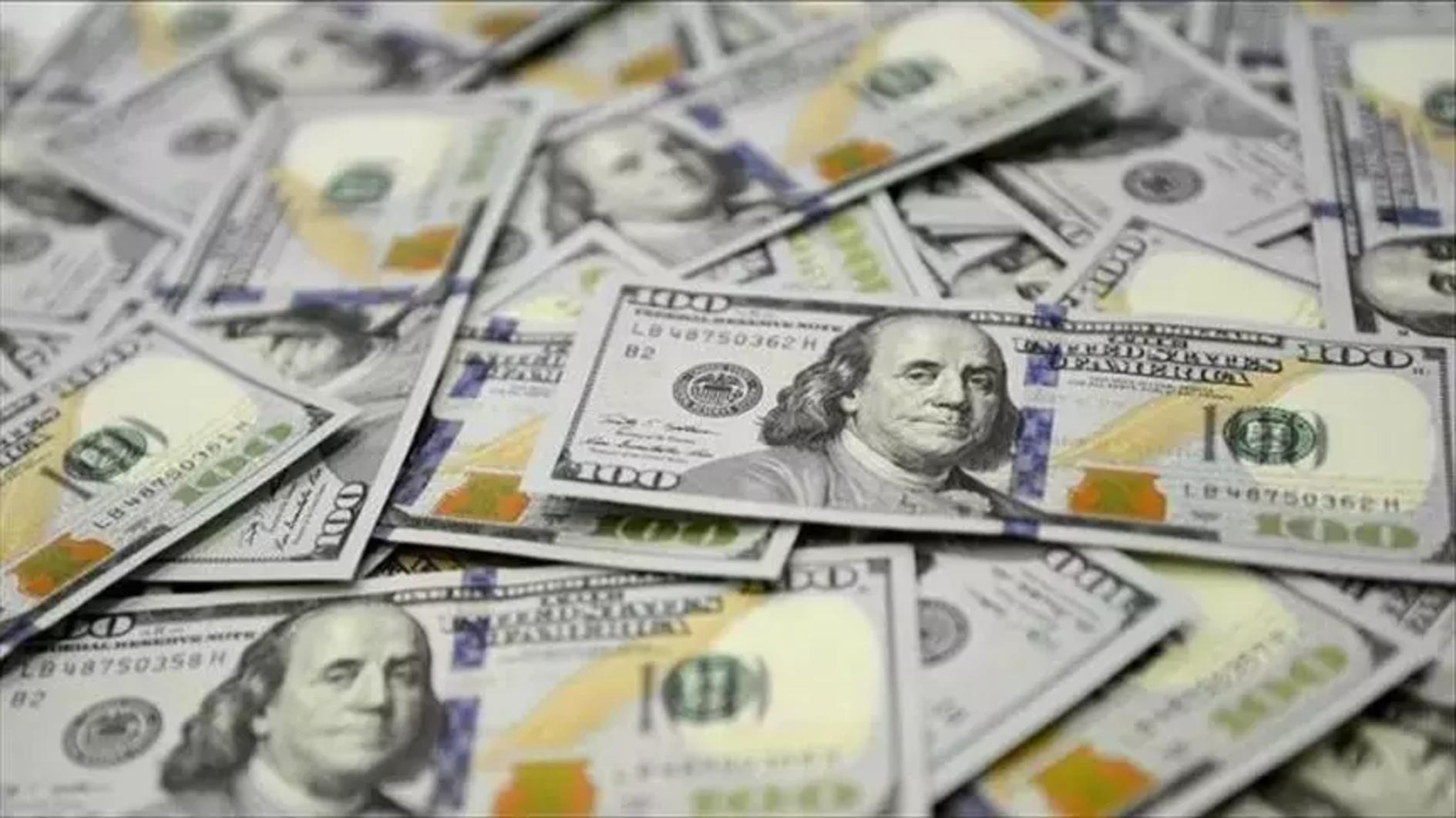Biden receives assurances on energy security around Cyprus
The details of discussions U.S. Vice President Joe Biden had during his Jan. 23 visit to Turkey with President Recep Tayyip Erdoğan and other top Turkish executives, as well as his talks with the Israeli and Greek Cypriot leaders, keep emerging. Apparently - both in his face-to-face talks with Erdoğan and in telephone conversations with Israeli and Greek Cypriot leaders - Biden received assurances regarding energy security, with or without a settlement to the problem of power-sharing between Turkish and Greek Cypriots.
Turkish Cypriot Finance Minister Birikim Özgür said that because Israel recently started laying an undersea electricity line to extend the interconnected electricity grid to the Greek Cypriot side of the island, Turkey might soon start works on a prestigious project including the Turkish Cypriot side, thus connecting the EU-member island of Cyprus to the system. Özgür said the suspended pipeline project that started providing northern Cyprus with fresh water from Turkey made it relatively easy and feasible to lay down an electricity connection between the island and Turkey, achieving added interdependence between the island and the international community of nations through Turkey, which he said would be a great contribution to peace.
“Interdependence” was the deeply feared word that impeded the laying of a water pipeline between Turkey and the island in the 1960s. If Archbishop Makarios had agreed during his landmark 1962 visit to Turkey to undertake such a project, would there still be a Cyprus problem today? Would the Greek Cypriots have started the bloody Christmas 1963 onslaught on the Turkish Cypriots? Would such a project even have been possible with the technological capabilities of the time?
Now, for the past few months the pipeline has been providing the island with fresh water, filling the reservoir on the Turkish Cypriot side. Because of difficulties over how it should be distributed, (or, to put it more clearly, over municipal complaints that if they were deprived of income through water distribution they would go bankrupt), an agreement on water distribution has not yet been signed. Water is on the island. The reservoir is filled with sufficient water. But the distribution network is appalling and requires – together with the treatment plan – some $500 million added investment before it can be offered to the use of Turkish Cypriots. However, the build-operate-transfer model suggested by Turkey has been repeatedly rejected by the Turkish Cypriots, who for “self-confidence” reasons want to manage the precious resource themselves. Unfortunately, at the root of the problem is the greed of municipalities that want to continue financing themselves by maintaining their monopoly over water, while Ankara has been demanding that the water distribution issue be handled more efficiently, through a private company in which the public might have a share.
This months-long “water saga” between Turkish Cyprus and Turkey is apparently coming to an end. Turkish Cypriot Prime Minister Ömer Kalyoncu and Deputy Prime Minister Tuğrul Türkeş are expected to come together in Ankara next week. The two will sign a landmark deal arranging the hurdle of the distribution of the water that Turkey has started to provide the island through an unprecedented suspended pipeline. Özgür said a middle-way has been developed; municipalities will be given roles in the administration and tender stages, while operational power will be with the company that wins a distribution tender. In addition, municipalities that agree to the formula will get a 10 percent share of the gross turnover of the distribution company, while those who opt out will get nothing.
The water pipeline, of course, has set a precedent. Although the Greek Cypriots have not yet made any demands, the Turkey-Turkish Cypriot accord allows Ankara to make a similar deal with the Greek Cypriots; the capacities of both the source and the reservoirs at the two ends of the pipeline allow up to six pipelines to be laid. Furthermore, besides water, an electricity line is already under consideration and may be suspended along the length of the pipeline. According to Özgür, instead of pumping Cypriot, Israeli or other gas resources to Turkey or elsewhere, perhaps an electricity plant might be established on the island, leading to the European and the Middle Eastern interconnected grid being provided with “Cypriot electricity.”
It might be nothing but lunacy to expect a quick fix. Still, with or without a Cyprus deal, economic and business projects increasing interdependency, (and thus making compromises of all sorts mutually beneficial), must be continued.
As Turkish Cypriot Chamber of Commerce Fikri Toros head stressed: “The more the two sides on Cyprus are engaged in business, the more they will develop confidence in each other. The absence of this confidence has been one of the dominant factors that has marred all settlement prospects for the past 50 years.”











